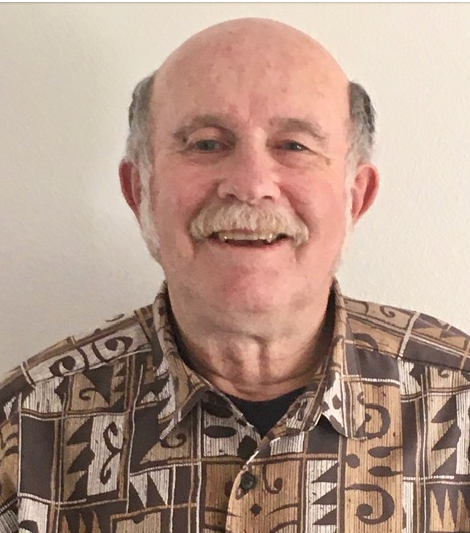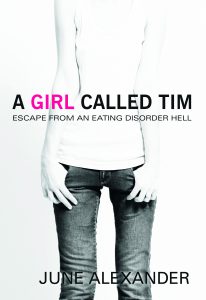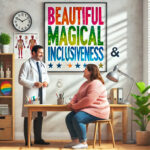Tag: eating disorder research
Australia’s peak eating disorder body steps up focus on prevention and access to care
Amazing things can happen when one breaks free from an eating disorder (ED) and channels the illness negativity into positive pursuits. For instance, you can find a new ‘family’ in the eating disorder field. In 2007, 44 years after developing anorexia nervosa, I publicly shared my inner story for the first...
Into the Great Wide Open: Family Risk and the Prevention of Eating Disorders (part 2)
In last month’s column, I communicated my surprise that there are no published studies of prevention of disordered eating (DE) and EDs in high-risk (HR) families. This situation exists despite evidence demonstrating genetic risk factors for eating disorders and the value of including families in the treatment of child/adolescent eating disorders...
Research calls for Australian parents and adolescents with eating disorder experience
Recognition is growing that answers for successful treatments for eating disorders are found through listening to patients and their families. Therefore, I hasten to provide details of two research projects at Flinders University, Australia, which offer fresh opportunity for people with experience to share their stories. If you have...
Researchers seek parents’ help to understand eating disorder recovery
“Looking at the data we have so far, we honestly have GOLD. Parents have some really interesting qualitative responses” – researcher, Erin Accurso Parents know their kids best! Understanding this, researchers believe that parents hold valuable information about their children with eating disorders that will help us better understand...
Our lives have many stories…which can give hope
By Kristina Lainson, PhD candidate We know that living with anorexia can be really hard. What we know less about, is how people cope in that situation. This is the question posed by my PhD research project. I am asking how adults living with anorexia over a number of years...
Your chance to direct eating disorder research
What are the top unanswered questions or “uncertainties” in the eating disorders field that are not being addressed by current research? To find out, the Patient/Carer Committee (PCC) of the Academy for Eating Disorders (AED) invites your help. The PCC has organised a project to locate the most pressing needs, or gaps,...










Recent Comments